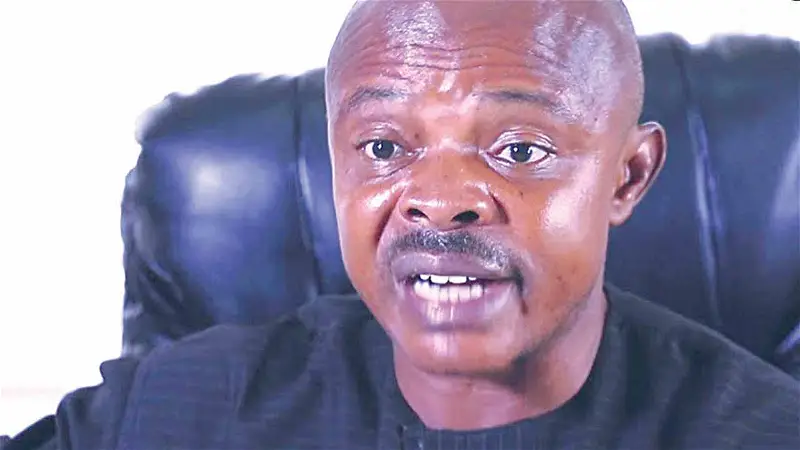
According to organized labor, the minimum wage for workers must not be N62,000 or N100,000.
Chris Onyeka, assistant general secretary of the Nigeria Labour Congress (NLC), stated the union will not negotiate a “starvation wage” during a Monday appearance on Channels Television’s “Morning Brief.”
A week-long nationwide strike was “relaxed” on June 4 by the National Labor Congress (NLC) and the Trade Union Congress (TUC).
After discussions over a new minimum wage with the federal government reached a deadlock, the labor unions decided to go on strike.
The government argued that organized labor’s repeated proposals for N615,500 and N494,000 as the new national minimum wage were unrealistic.
On June 7, the federal government increased its offer for the new minimum wage for workers from N60,000 to N62,000; the labour unions insisted on ₦250,000 at the last meeting of the tripartite committee on minimum wage as the living wage for an average Nigerian worker.
The governor of Imo state, Hope Uzodimma, then declared that a consensus was almost reached by the tripartite committee on the minimum wage.
In the meantime, governors operating under the Nigerian Governors Forum (NGF) have declared that the N60,000 minimum wage for laborers is unsustainable.
During his Monday speech, Onyeka emphasized that labor will not accept the most recent offer of ₦62,000 or the ₦100,000 that some individuals and economists have proposed.
“Our position is very clear, we have never considered accepting ₦62,000 or any other wage that we know is below what Nigerian workers can take home. We will not negotiate a starvation wage,” Onyeka said.
“We have never contemplated ₦100,000 let alone of ₦62,000. We are still at ₦250,000; that is where we are, and that is what we considered enough concession to the government and the other social partners in this particular situation. Beyond frivolities, the realities of the market—the things we purchase on a daily basis, such as bags of rice, yam, garri, and so forth—also motivate us.
Onyeka declared that the federal government’s one-week ultimatum since the “relaxation of its strike” would expire at midnight on Tuesday, June 11.
He said that if the national assembly and federal government did not respond to worker demands by tomorrow, the joint NLC and TUC would meet to decide whether to resume nationwide industrial action.
“The federal government and the national assembly have the call now. It is not our call. Our demand is there for the government to look at and send an executive bill to the national assembly and for the national assembly to look at what we have demanded, the various facts of the law, and then come up with a national minimum act that meets our demands,” he said.
“If that does not meet our demand, we have given the federal government one-week notice to look at the issues and that one week expires tomorrow. If, after tomorrow, we have not seen any tangible response from the government, the organs of the organised labour will meet to decide what to do next.
“It was clear what we said. We said we were relaxing a nationwide indefinite strike. It’s like putting a pause on it. Thus, when something is put on hold and the trade union authorities determine that it should be lifted, it indicates that the previous state of affairs has returned.






